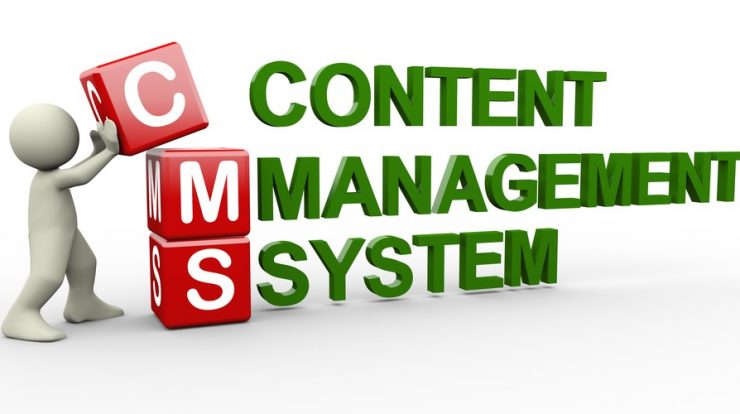
CMS stands for Content Management System. CMS deals with the creation and change of computerized(digital) content. It typically underpins different clients in a collective domain. CMS features change broadly. Most CMSs include Web-based publishing, organize management, history amending and version control, ordering, search, and recovery. By their tendency, content management system also bolsters the detachment of content and presentation.
To understand CMS in more detail, let’s consider each term components from which it is made up of. What is ‘Content’? The ‘Content’ might be any unit of digital information such as images, graphics, records, video, sounds, documents etc. that can be stored and managed in digital format.

Documents, records, sounds, videos etc.Then what exactly ‘Management’ of content refers to? The amount of information to be created, edited, stored, managed and to be removed in case if required are in the form of digital form and hence they are required to managed, produced and typically conducted electronically. Hence, the ‘Management’ refers to the process of managing content via rules and process that is often associated with workflows. Rules are designed to keep content moving through various roles while maintaining consistency so that the content is considered to be managed rather than just unmanaged where it is supposed to be located.
Last but not the least, what is the ‘System’ that manages and conducts content? Here, the ‘System’ simply is a software tool that facilitates in the effective and efficient management of the content thereby generating the desired coherent, validated and managed content in the digital form.
Content Management generally occurs in the following seven stages.

As there are many different types of digital content, it follows that there are many different types of CMS as well. The most common form of the CMS are as follows:
- Web Content Management
- Documents Management
- Records Management
- Digital Asset Management
- Portal Content Management
- Enterprise Content Management
Now, you might be wondering which type of CMS best fits for you on developing any website? With no wonder, here is the answer. The one that meets all your requirements depending on type or types of content that you wish to create, store, edit and manage, the size of your content resources and many other factors.
